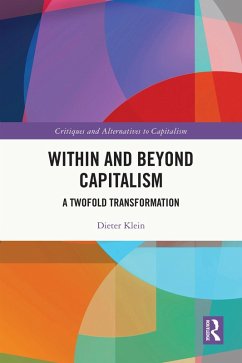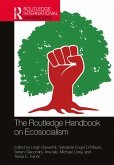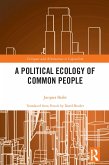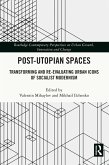This book argues for a twofold transformation to mitigate environmental catastrophe, avert war and overcome poverty and authoritarianism: a struggle for democratic, peace-oriented, social and ecological changes within the framework of a post-neoliberal society, and a drive towards projects aimed at a transformation beyond capitalism.
Dieser Download kann aus rechtlichen Gründen nur mit Rechnungsadresse in A, B, BG, CY, CZ, D, DK, EW, E, FIN, F, GR, HR, H, IRL, I, LT, L, LR, M, NL, PL, P, R, S, SLO, SK ausgeliefert werden.









